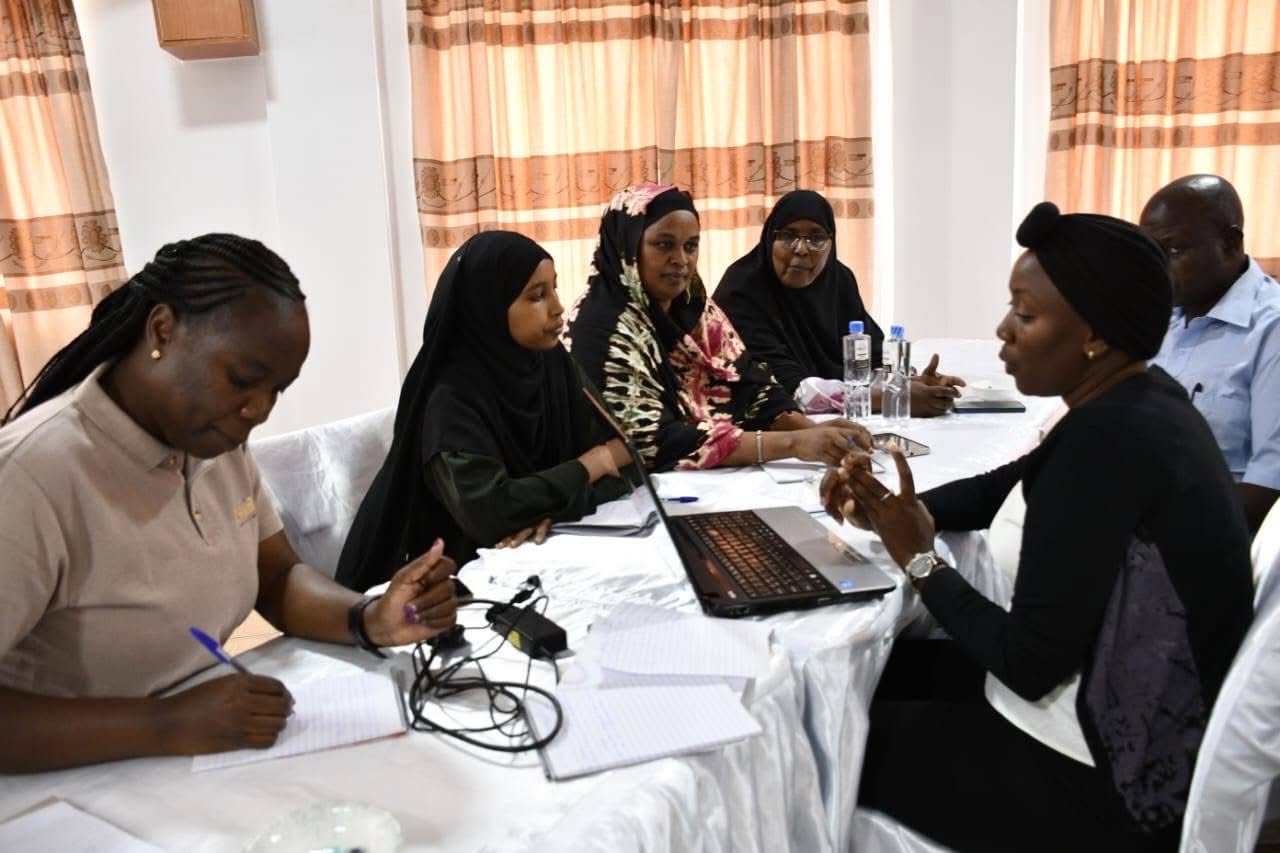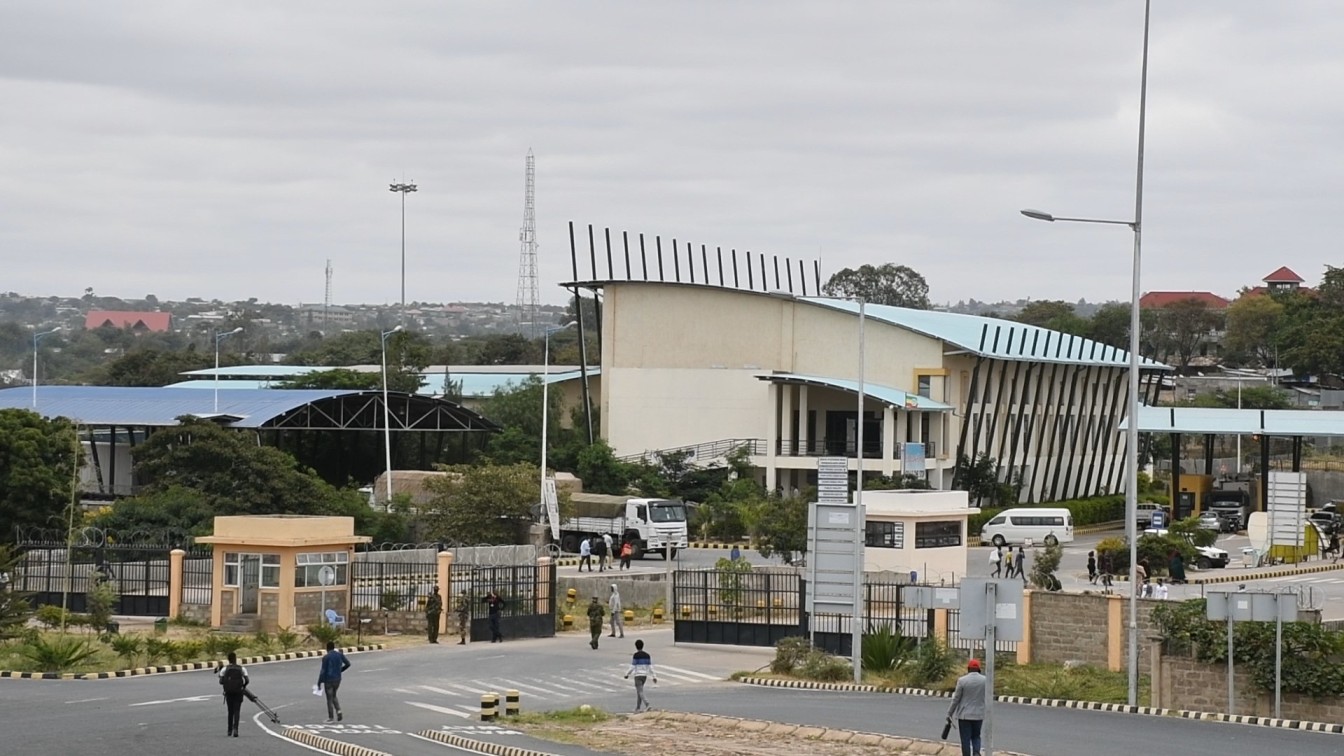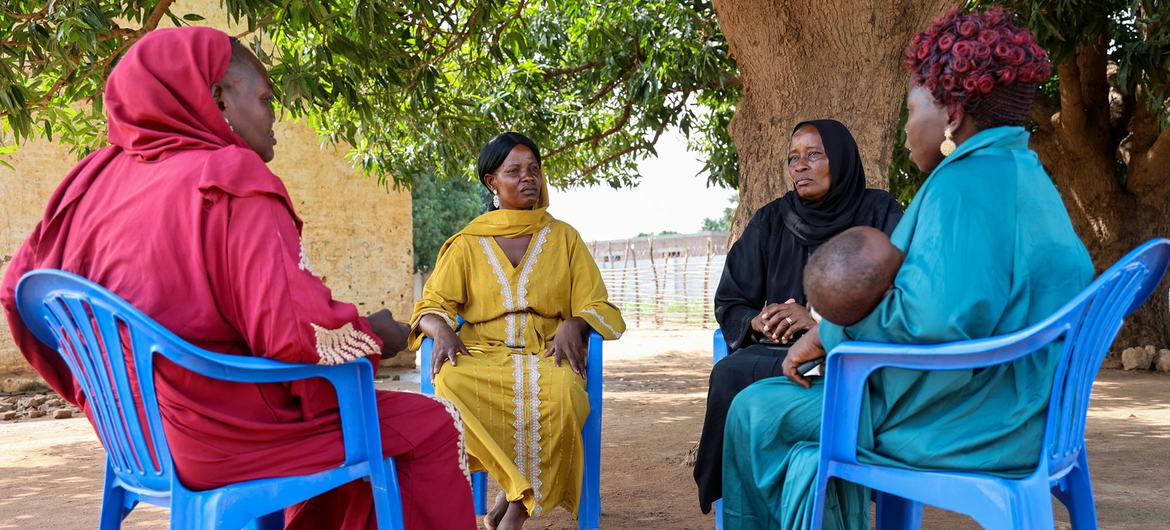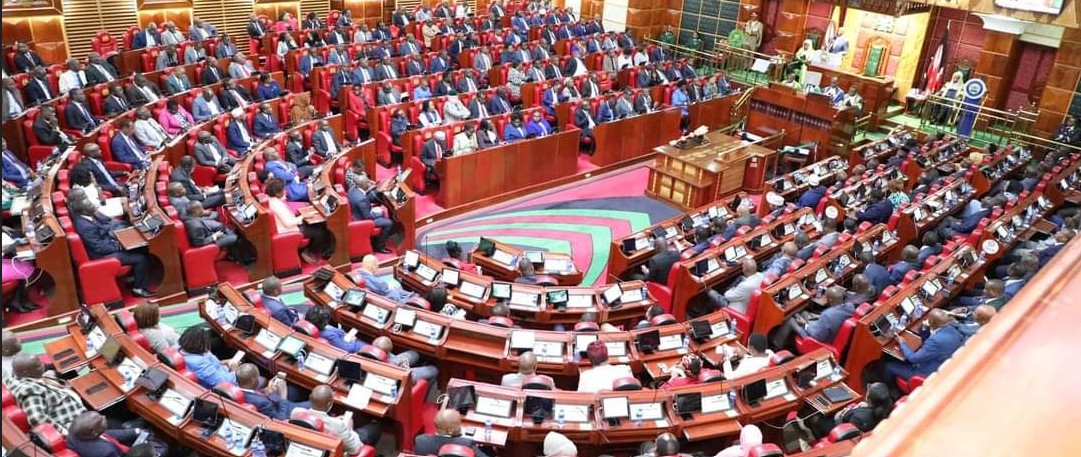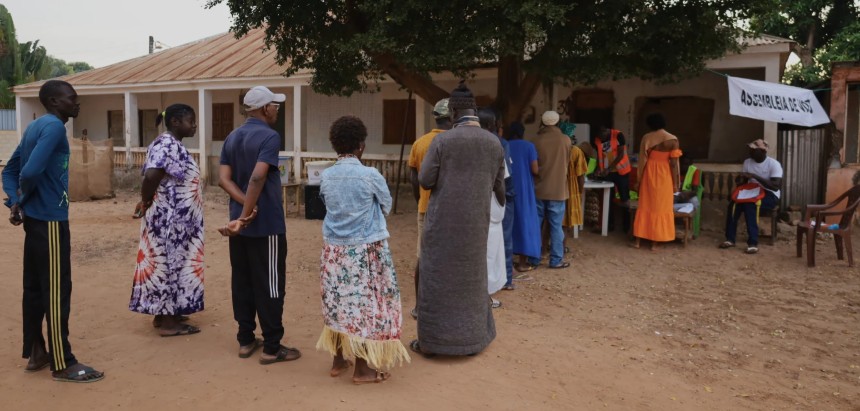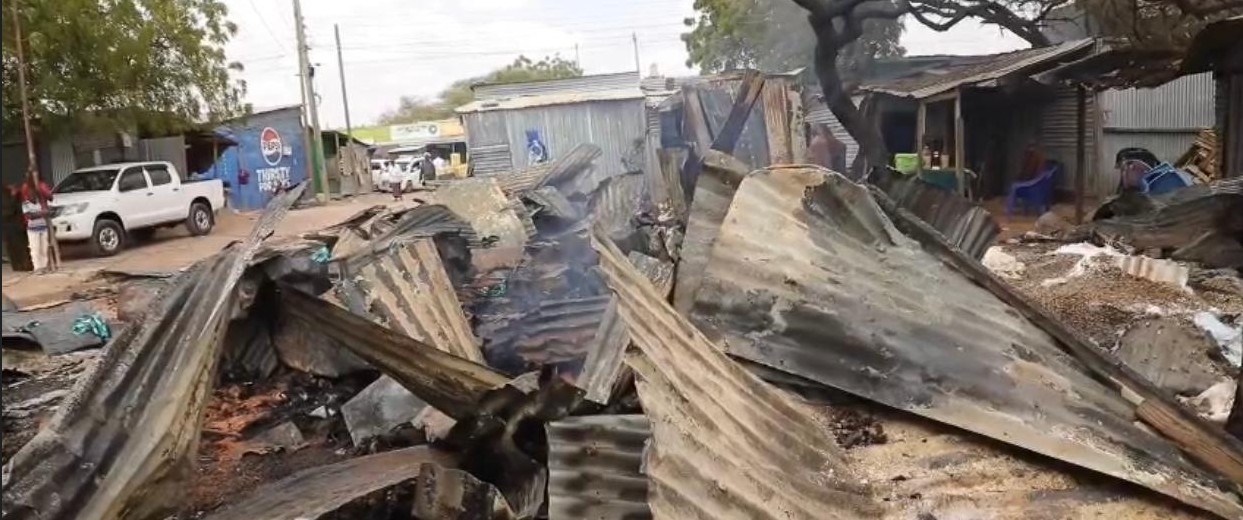155 killed in Tanzania as heavy rains cause floods, landslides: PM
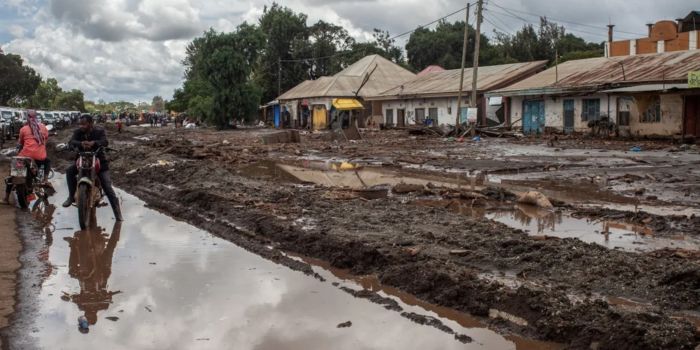
In Kenya, 13 people have been killed in flash floods that hit the capital Nairobi this week, while 100,000 people have been displaced in Burundi by months of relentless rainfall.
At least 155 people have died in Tanzania as torrential rains linked to El Nino caused flooding and landslides, Prime Minister Kassim Majaliwa said Thursday.
He told parliament that about 200,000 people had been affected and that there had been significant damage in several parts of the country, with homes, infrastructure, and crops destroyed.
More To Read
- Tanzania to 'review and verify' CNN claims of mass graves, shootings
- Senators summon Mudavadi over harassment, detention and deaths of Kenyans abroad
- President Samia warns disputed election tainted Tanzania’s reputation, urges local resource mobilisation
- Tanzania’s CHADEMA and human rights observers accuse police of mass unlawful detentions
- US senators call for review of Washington’s ties with Tanzania after deadly polls
- Tanzania's President Samia orders probe into post-election violence, directs DPP to drop charges against arrested youths
El Nino often has devastating consequences in East Africa, a region already hit by repeated climate shocks.
In Kenya, 13 people have been killed in flash floods that hit the capital Nairobi this week, while 100,000 people have been displaced in Burundi by months of relentless rainfall.
"The heavy El Nino rains, accompanied by strong winds, floods, and landslides in various parts of the country, have caused significant damage," Majaliwa told parliament in Tanzania's capital Dodoma.
"These include loss of life, destruction of crops, homes, citizens' property, and infrastructure such as roads, bridges, and railways," he added.
"As a result... more than 51,000 households and 200,000 people were affected, with 155 fatalities; approximately 236 individuals were injured, and over 10,000 houses were affected to varying degrees."
Late last year more than 300 people died in torrential rains and floods in Kenya, Somalia, and Ethiopia just as the region was trying to recover from its worst drought in four decades.
From October 1997 to January 1998, massive floods caused more than 6,000 deaths in five countries in the region.
Other Topics To Read
Top Stories Today


